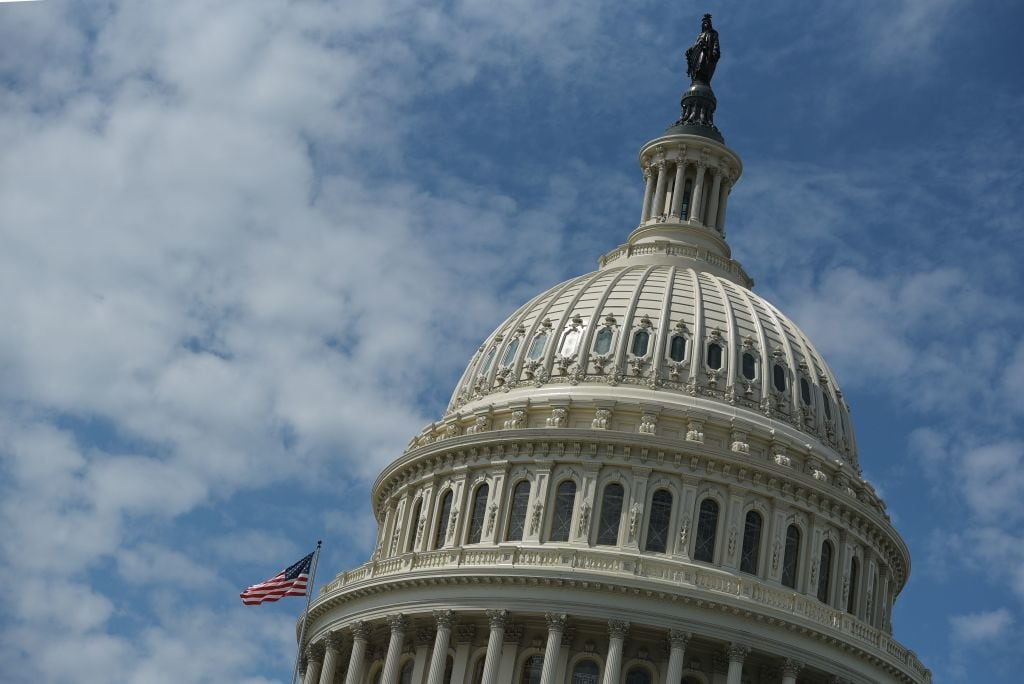WASHINGTON - House GOP leadership is tying a continuing resolution that averts a government shutdown through March 23 to a $659.2 billion defense spending measure for fiscal 2018 and health care items.
Introduced late Monday, this fifth funding patch is meant to attract votes from both sides of the aisle, but its fate is uncertain in the Senate, where Democrats are seeking defense spending increases be matched on the non-defense side of the budget.
By advancing the bill, House Speaker Paul Ryan, R-Wis., is seeking to satisfy a large chunk of his caucus in the lower chamber. Republicans with the House Armed Services Committee and the House Freedom Caucus have teamed up to support defense spending legislation, threatening to withhold their votes on continuing resolutions over their disruptive effects on the military.
The next continuing resolution will be the fifth of the current fiscal year, which began Oct. 1. Military leaders have decried the practice of passing short-term spending legislation in lieu of a full-year budget, saying it severely hurts efforts to start new programs and maintain multi-year equipment purchase plans.
Its unclear whether the package’s inclusion of funding for a range of items outside defense, will secure needed Democratic votes in the Senate, where Republicans have a 51-vote majority. Funding for community health centers, the 2020 Census and the Small Business Administration, are part of the bill, CQ reported Monday.
Senate Minority Leader Chuck Schumer, D-N.Y., suggested on Senate floor Monday that Ryan was wasting time with the “cromnibus” gambit.
“Speaker Ryan needs to do what’s best for the country and work in a bipartisan way to fund the government, even if not every faction of his caucus will go along,” Schumer said. “If he lets the Freedom Caucus be the tail that wags the dog, there’s no way we’ll reach an agreement that can pass the Senate. And it would jeopardize the positive discussions going on right now about the budget, disaster aid, immigration aid and more.”
RELATED

The current short-term spending bill — passed last month to end the three-day government shutdown — expires on Feb. 8. If a new spending plan isn’t adopted by then, lawmakers will trigger another partial closure of government operations.
Last week, Ryan said that his team is making progress with Democratic leadership on that full fiscal 2018 budget, and is optimistic that a deal will be announced soon.
Joe Gould was the senior Pentagon reporter for Defense News, covering the intersection of national security policy, politics and the defense industry. He had previously served as Congress reporter.





